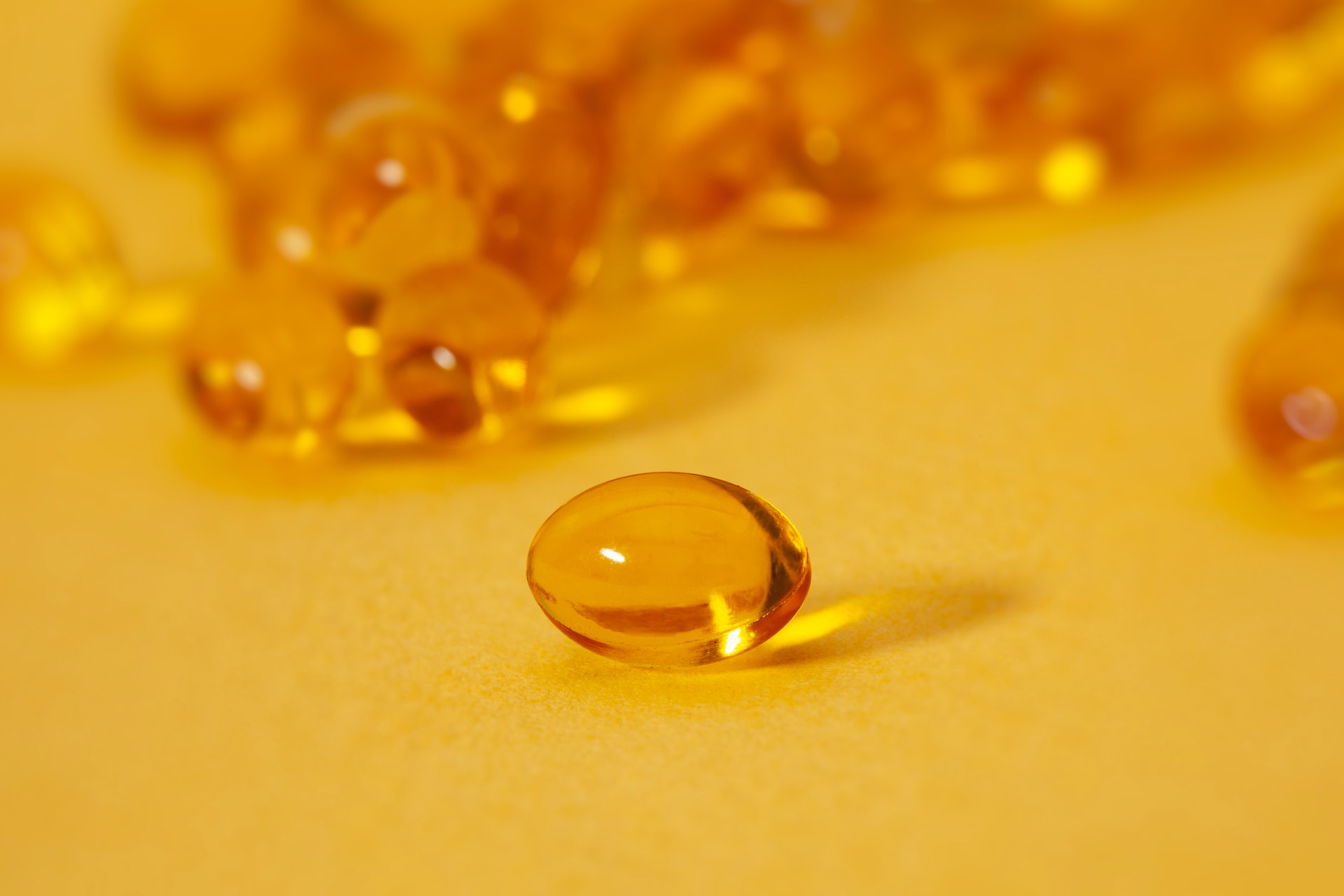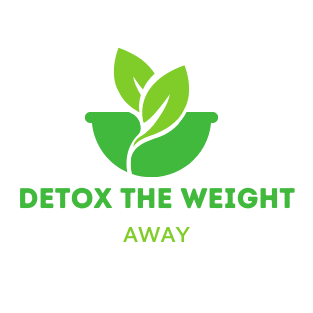Prenatal and postnatal vitamins differ in their nutritional composition and the stage of pregnancy they cater to. Prenatal vitamins are specifically designed to meet the increased nutritional demands of women during pregnancy, while postnatal vitamins are formulated to provide the nutrients required to support lactation and postpartum recovery.
Prenatal vitamins contain higher doses of vitamins and minerals like folic acid, iron, and calcium to support the healthy growth and development of the fetus. Postnatal vitamins often contain additional nutrients like omega-3 fatty acids, vitamin D, biotin, and iodine to support the mother’s recovery from childbirth and the nutritional needs of her newborn.
While taking prenatal vitamins is recommended during pregnancy, postnatal vitamins are usually optional and can be recommended by a healthcare provider depending on an individual’s nutritional requirements.
Prenatal vs Postnatal Vitamins
Prenatal vitamins are specially formulated to meet the needs of pregnant women. These vitamins contain higher amounts of certain vitamins and minerals that are important for a healthy baby. They help to provide the extra nutrition to ensure a healthy pregnancy and optimal fetal development. These vitamins are typically taken one-month before trying to conceive through the entire pregnancy.
Let’s explore the differences between pre and postnatal vitamins.
What are prenatal vitamins?
Prenatal vitamins are supplements containing essential vitamins and minerals necessary for fetal development and preventing birth defects during pregnancy.
Here are the key differences between prenatal and postnatal vitamins:
| Prenatal vitamins contain higher concentrations of folic acid, iron, and calcium as compared to postnatal vitamins. |
| Postnatal vitamins contain higher amounts of vitamin D and K, which are essential for breastfeeding mothers. |
| Prenatal vitamins are specifically designed to meet the nutritional demands of pregnant and breastfeeding women, while postnatal vitamins cater to the needs of lactating women. |
It is important to consult a healthcare provider before taking any supplements during pregnancy or postpartum.
Benefits of taking prenatal vitamins during pregnancy
Prenatal vitamins are essential for pregnant women as they provide the necessary nutrients for a healthy pregnancy and baby. Prenatal vitamins differ from postnatal vitamins in their composition as they contain higher doses of folic acid, iron, and calcium.
Here are some of the benefits of taking prenatal vitamins during pregnancy:
| Fetal development | Nutrient requirements | Maternal health |
| Prenatal vitamins contain folic acid that can help reduce the risk of birth defects in the baby’s brain and spine. It also aids in the development of other organs and tissues. | Prenatal vitamins ensure that women get enough nutrients like iron, calcium, and vitamin D, which are crucial for the development of the baby’s bones and teeth. | Prenatal vitamins can help reduce the risk of preterm birth, low birth weight, and pregnancy complications. They can also improve the maternal immune system and prevent anemia. |
In conclusion, taking prenatal vitamins during pregnancy is crucial for both the mother and the baby. Regular prenatal care and a balanced diet along with prenatal vitamins can ensure a healthy pregnancy and baby.
Key nutrients found in prenatal vitamins
Prenatal vitamins contain a range of key nutrients that are essential for a healthy pregnancy and fetal development. Unlike postnatal vitamins, prenatal vitamins specifically focus on supplementing the nutritional needs required by women during pregnancy.
Here are the primary nutrients found in prenatal vitamins:
| Nutrient | Description |
| Folic Acid | Folic acid is crucial for preventing birth defects in the baby’s brain and spine. |
| Iron | Iron is required to produce red blood cells for both the mother and the developing baby. |
| Calcium | Calcium is needed for bone development in the fetus as it grows. |
| Vitamin D | Vitamin D helps the body absorb calcium, promoting healthy bones. |
| Iodine | Iodine is vital for the baby’s brain development and function. |
Other essential nutrients found in prenatal vitamins include Zinc, Vitamin C, Vitamin B6, and Vitamin E.
Postnatal vitamins focus on helping the mother recover after childbirth and boosting the nutritional needs associated with breastfeeding. Remember to consult your doctor before starting any vitamin or supplement regimen.
Top prenatal vitamins available on the market
Prenatal and postnatal vitamins may share similarities, but they are not identical. Prenatal vitamins support fetal development, while postnatal vitamins help new mothers recover after delivery.
Here’s a list of the top prenatal vitamins available in the market:
| 1 | Garden of Life Vitamin Code Raw Prenatal Multivitamin |
| 2 | Nature Made Prenatal Multi + DHA |
| 3 | Rainbow Light Prenatal One Multivitamin |
| 4 | MegaFood Baby & Me 2 Prenatal Multi |
| 5 | New Chapter Perfect Prenatal Multivitamin |
It is recommended to consult with your healthcare provider before starting any new supplements, especially during pregnancy.

Postnatal Vitamins
Postnatal vitamins are supplements that are specifically designed for women who have just given birth. While prenatal vitamins are taken during pregnancy, postnatal vitamins help to get your body back on track post delivery. Postnatal vitamins provide the essential nutrients to not only help the mother recover from the stresses of childbirth, but to help her newborn as well.
In this article, we’ll discuss the difference between prenatal and postnatal vitamins, their benefits and side effects.
What are postnatal vitamins?
Postnatal vitamins are a nutritional supplement designed to meet the specific needs of new mothers after childbirth. These vitamins contain a unique blend of essential nutrients to support both the mother’s postnatal recovery and her baby’s ongoing development.
Some of the key nutrients found in postnatal vitamins include calcium, iron, vitamin D, vitamin B12, omega-3 fatty acids, and folic acid.
Here are some differences between prenatal and postnatal vitamins:
| Prenatal Vitamins | Postnatal Vitamins |
| Formulated to support a developing fetus during pregnancy | Designed to support the mother’s recovery after childbirth and help meet the demands of breastfeeding |
While both types of vitamins contain some of the same essential nutrients, postnatal vitamins also provide additional ingredients that are not typically found in prenatal vitamins, such as lactase enzymes to help digest lactose in breast milk.
Benefits of taking postnatal vitamins after pregnancy
Postnatal vitamins are specifically designed to meet the nutritional needs of new mothers after pregnancy and childbirth. These vitamins are formulated to support the physical recovery, hormone regulation, and breastfeeding needs of new mothers.
Key benefits of taking postnatal vitamins include:
| Benefit | Vitamins/Minerals |
| Faster healing | Vitamin C, Zinc |
| Hormonal balance | Vitamins B6, B12 |
| Stronger immune system | Vitamins A, C, D, E; Iron, Selenium |
Unlike prenatal vitamins, postnatal vitamins typically contain higher levels of vitamin D and lower levels of iron as excessive iron may lead to constipation.
Pro Tip: Consult with your doctor before taking any vitamin supplements and choose a postnatal vitamin brand that suits your individual needs.
Key nutrients found in postnatal vitamins
Postnatal vitamins are a critical supplement to aid in replenishing the nutrients lost during pregnancy and childbirth. These vitamins are designed to provide the unique nutrients required for postpartum recovery and breastfeeding.
| Nutrient | Benefit |
| Iron | This mineral is essential for replenishing the blood supply that may have been lost during childbirth. |
| Calcium | Calcium is vital for maintaining bone health and milk production during breastfeeding. |
| Vitamin B12 | This vitamin aids in the proper functioning of the nervous system and the production of red blood cells. |
| DHA | This omega-3 fatty acid is vital for the development of the baby’s brain and eyesight while breastfeeding. |
| Probiotics | Probiotics help to improve gut health and immunity, both important for both you and your baby. |
While prenatal vitamins focus on providing nutrients vital for fetal growth, postnatal vitamins focus on providing the specific nutrients needed for postpartum and the breastfeeding period.
Top postnatal vitamins available on the market
Postnatal vitamins are specifically designed to support the nutritional needs of new mothers after childbirth. Unlike prenatal vitamins, postnatal vitamins contain a unique blend of nutrients that aid in postpartum healing and lactation.
Here are the top postnatal vitamins available on the market:
| Brand | Description |
| New Chapter Postnatal Vitamins | This brand focuses on whole-food, fermented ingredients that are easy to digest and gentle on the stomach. |
| Nature Made Postnatal Multi + DHA | This vitamin contains omega-3 fatty acids that help with brain function and healthy lactation. |
| MegaFood Baby & Me 2 Postnatal Multi | This supplement contains iron and vitamin B12, which are essential for postpartum healing and energy. |
| Garden of Life Vitamin Code Raw Postnatal | This vitamin is formulated for both mom and baby, with probiotics and enzymes to aid digestion and immune function. |
| Rainbow Light Vibrance Postnatal Multivitamin | This multivitamin contains a balanced blend of vitamins, minerals, and botanicals to support postpartum recovery and lactation. |
Differences Between Prenatal and Postnatal Vitamins
Prenatal and postnatal vitamins are essential for expectant mothers and new moms. Prenatal vitamins are designed to provide a balanced diet during pregnancy and help the baby’s development. Postnatal vitamins are designed to help with the mothers recovery and provide nutrients to support lactation.
Here, we will discuss the key differences between prenatal and postnatal vitamins.
Nutritional requirements during pregnancy vs after pregnancy
Prenatal vitamins and postnatal vitamins serve different purposes and contain different levels of essential nutrients for the mother and child.
Nutritional requirements during pregnancy are focused on supporting fetal development, while postnatal nutritional needs focus on restoring the mother’s health after childbirth.
Here are the key differences between prenatal and postnatal vitamins:
| Prenatal Vitamins | Postnatal Vitamins |
| These are high in folic acid, iron, and calcium to ensure the baby’s healthy growth and development. Vitamins like A, C, and D are also essential for the mother’s health during pregnancy. | These are formulated to replenish the mother’s body with nutrients lost during labor and breastfeeding. They contain higher levels of vitamin D, calcium, and iron to support lactation and restore bone health. |
Before taking any supplement, consult with a healthcare professional to determine what is best for you and your baby.
Key differences in nutrient composition between prenatal and postnatal vitamins
Prenatal and postnatal vitamins have distinct nutrient compositions, each catering to different nutritional needs.
Prenatal vitamins contain higher amounts of iron, folic acid, and calcium as compared to postnatal vitamins. These nutrients play a crucial role in ensuring the healthy growth and development of the fetus. Iron supports the production of hemoglobin, which transports oxygen throughout the body, while folic acid supports the development of the neural tube during early pregnancy. Calcium contributes to the development of strong bones and teeth in the fetus.
Postnatal vitamins, on the other hand, contain higher amounts of vitamins D and B12, which support the overall health and nutrition of the mother and the newborn child. Vitamin D helps to strengthen bones, while Vitamin B12 supports the development of the nervous system and the production of energy.
It is important to consult a healthcare professional before choosing a prenatal or a postnatal vitamin to ensure that you are meeting your individual nutritional needs.

Can you take prenatal vitamins after pregnancy, or postnatal vitamins during pregnancy?
Prenatal and postnatal vitamins are designed to provide essential nutrients for specific stages of motherhood. While both are beneficial for maintaining overall health, there are some differences between the two.
Prenatal vitamins contain higher levels of iron, folic acid, and calcium, which are crucial for fetal development during pregnancy. They also contain lower levels of vitamin A, as high levels can be harmful to the developing fetus.
Postnatal vitamins, on the other hand, focus more on replenishing nutrient stores and supporting lactation. They may contain higher levels of vitamin D and calcium to promote bone health, as well as nutrients like omega-3 fatty acids for brain development in breastfed babies.
It is generally safe to continue taking prenatal vitamins after pregnancy and to take postnatal vitamins during pregnancy, but it is always best to consult with a healthcare professional to determine the appropriate vitamin regimen for your individual needs.
Pro tip: Always consult with your doctor before starting any vitamin regimen during or after pregnancy to ensure that you are getting adequate amounts of the necessary nutrients.
Conclusion: Which is Right for you? Prenatal, Postnatal, or Both?
In conclusion, deciding whether to take prenatal, postnatal, or both vitamins depends on your stage of pregnancy and individual health needs.
Prenatal vitamins are designed to meet the nutritional needs of women who are trying to conceive or are in their early stages of pregnancy. These vitamins are formulated with higher levels of folic acid, iron, and calcium, all of which are essential for fetal growth and development.
Postnatal vitamins, on the other hand, are tailored to meet the nutritional needs of new mothers who have just given birth. These vitamins contain iron, vitamin D, and other essential nutrients that help replenish the body’s stores after childbirth.
Both prenatal and postnatal vitamins are important for overall maternal and fetal health. Prenatal vitamins should be taken before and during pregnancy, while postnatal vitamins are recommended for the first few months after childbirth.
Pro Tip: Consult with your healthcare provider to determine the best vitamin regimen for you and your baby.

